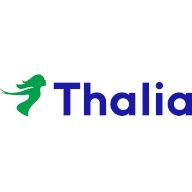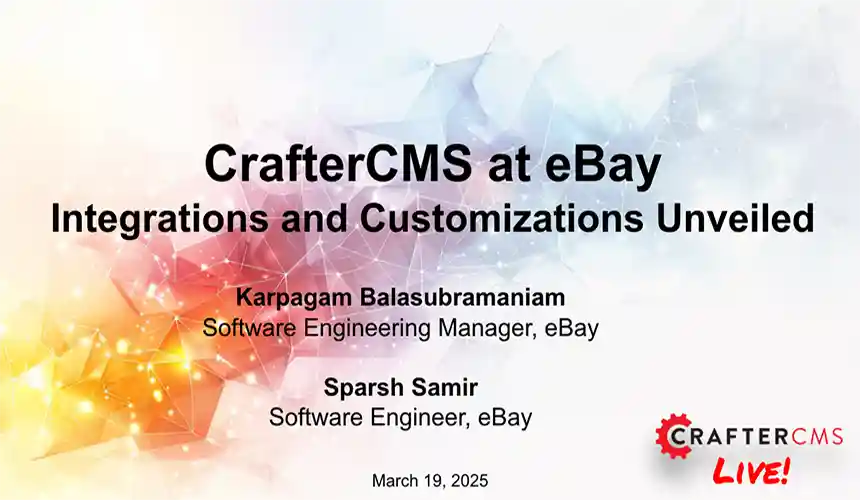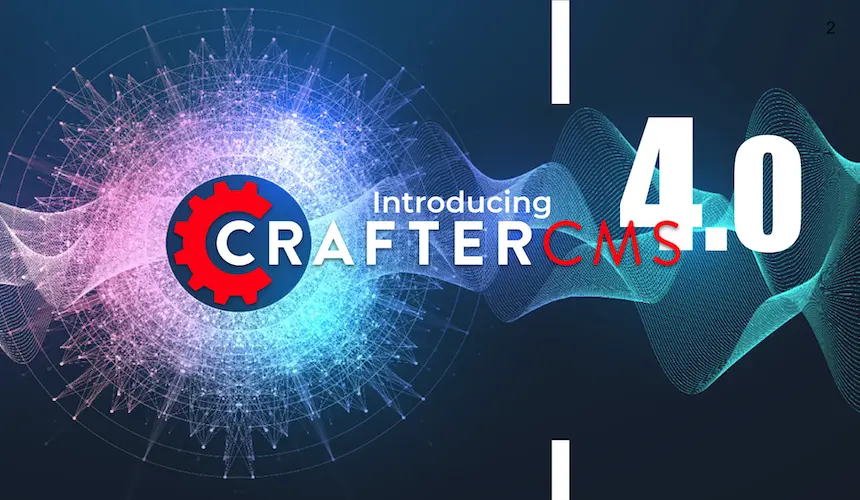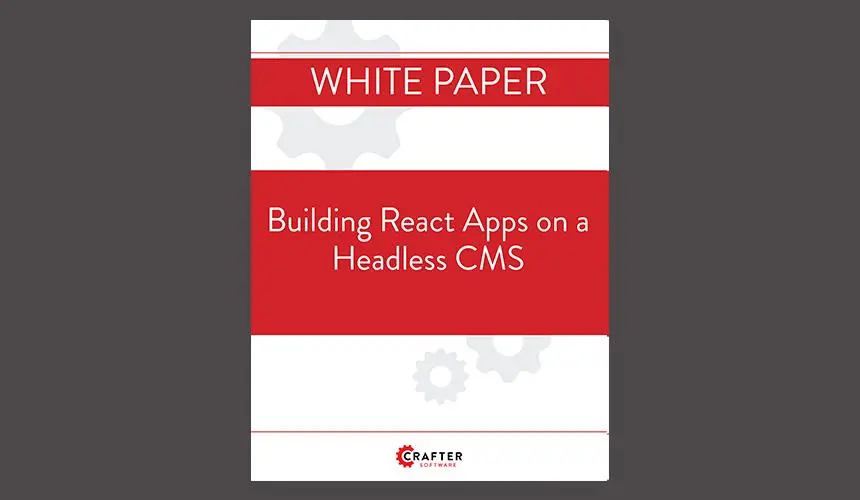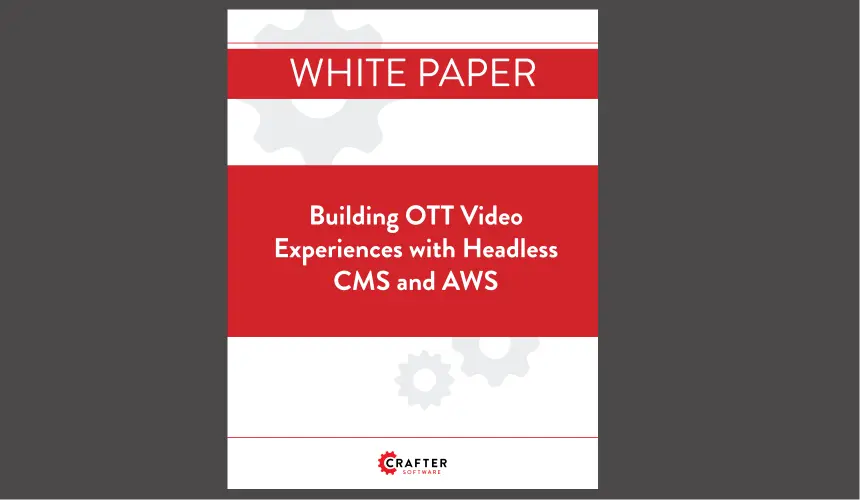Choosing a Search Engine For Your CMS: Algolia vs Elasticsearch vs OpenSearch

Amanda Lee

Search functionality can help visitors sort through thousands of product pages, blog articles, or training guides. It can also help customers find the exact product they’re looking for in milliseconds rather than browsing an entire catalog. For CMS users, it’s also critical to the content authoring experience and not just for building search-powered experiences to site visitors.
Given how valuable AI-powered search capabilities are to a CMS, selecting the right option is essential. Two of the most popular choices are Algolia and Elasticsearch. However, each has cons that businesses might find concerning, such as Algolia’s pricing model or Elasticsearch’s initial abandonment of open source principles.
On the other hand, OpenSearch is an open source product offering self-hosting and full control, cost predictability, an expanding plugin ecosystem, and AI features.
So which one is the right choice for your CMS? Let’s assess the options and see how they work with a composable and headless content management system like CrafterCMS.
What Is Algolia?
Algolia is an AI-powered search and discovery solution. It ensures fast access to the right content or product on your website or app, providing a seamless and intuitive user experience.
Algolia Search is a highly efficient, fully hosted API that ensures quick content delivery to users.
The platform empowers developers to tailor the relevance of their user experience and provides valuable insights into user interactions. Meanwhile, Algolia Recommend is a robust API that enables the integration of unique product recommendations into any eCommerce digital experience.
Algolia is typically easy to integrate with other API-first tools and offers a ready-to-use solution. Many eCommerce stores leverage Algolia without worrying about using their own infrastructure.
Advantages of Algolia
- Speed: Algolia’s search algorithms are designed for speed and can return relevant results in milliseconds.
- Smooth Integrations: Algolia provides API clients for several languages, making integrating into your website or application easy.
- Customizable Relevance: You can fine-tune the ranking of search results and get more control over what users see first.
- Scalability: Algolia can handle large amounts of data and traffic, so you can scale your search as your business grows.
- Analytics: Algolia provides detailed analytics and search statistics, so you can measure the success of your search and make data-driven improvements.
- User-friendly Dashboard: Algolia offers a user-friendly dashboard for managing your search data, customizing search behavior, and monitoring performance.
Cons of Using Algolia
- Cost: Algolia’s pricing model is based on the number of searches and data transfers, which can become expensive for high-traffic sites.
- Complexity: Advanced features can be difficult to set up and configure, especially for users with limited technical expertise.
- Dependence on API: Algolia relies on its API for search functionality, so if the hosted API goes down or becomes unavailable, your search will be impacted.
What Is ElasticSearch?
Elasticsearch is a distributed search and analytics engine, scalable data store, and vector database built on Apache Lucene. The solution has been hailed for its ease of use through simple REST APIs, robust distributed architecture, lightning speed, and scalability.
As the central component of the Elastic Stack—a comprehensive suite of free and open tools for data management and analysis—Elasticsearch streamlines the entire data pipeline, from ingestion to visualization. This complete solution, which includes Elasticsearch, Logstash, and Kibana, is often called the ELK Stack.
Elasticsearch and Kibana are now again (sort of) open source under an AGPL license, and the code is housed in public repositories. However, the platform only returned to being open source in 2024, following backlash for the change to Server Side Public License (SSPL) in 2021.
Elasticsearch Advantages
- Open Source: Elasticsearch is open source software that is freely available and can be modified to meet specific needs.
- Scalability: Elasticsearch is designed to scale horizontally so you can add more nodes to handle increased traffic and data.
- Large Community: Elasticsearch has a large and active community of developers who contribute to the software and provide support to users.
- Integrability: Elasticsearch integrates well with other tools and technologies, including the rest of the Elastic Stack (e.g., Kibana, Logstash, Beats), and third-party tools like Apache Hadoop.
- High Performance: Elasticsearch is optimized for high performance and can handle large amounts of data and traffic.
- Flexibility: Elasticsearch provides a flexible data model, allowing you to store, search, and analyze structured and unstructured data. You can also host it yourself, use a managed service provider, or use Elastic’s SaaS option.
Elasticsearch Cons
- Learning Curve: Elasticsearch is flexible and feature-rich, but it can be difficult to learn and use, especially for users with limited technical expertise.
- Complex Configuration: Elasticsearch has many configuration options, which can be overwhelming and lead to poor performance if not set up correctly.
- Limited Security Features: Elasticsearch offers simple security features, such as authentication and SSL encryption, but it does not include a comprehensive security solution.
- License Shifts: Elastic previously changed its license model to a more restrictive one, not allowing users to host Elastic as a service. While they have since returned to their open source roots (albeit with a very limited open source license - Affero GPL), customers may feel unsure about whether this remains.
Algolia vs Elasticsearch vs OpenSearch
The debate between Algolia and Elasticsearch essentially depends on whether you want to use an open source tool or a SaaS-based solution, and whether the advantages of Algolia justify the additional cost. Both allow you to integrate the search engine and search functionality into the rest of your technology stack.
However, whether due to the pricing drawbacks of Algolia or the flip-flopping of Elastic on open source licenses, enterprises might want another alternative.
What Is OpenSearch?
OpenSearch is an open source, Apache 2.0-licensed search and analytics suite. It supports use cases like real-time monitoring, log analytics, and website search. Powered by Apache Lucene, OpenSearch delivers fast, scalable access to large datasets and includes OpenSearch Dashboards for intuitive data visualization. Some of its key features include full-text search, SQL queries, k-nearest neighbors (KNN) search (for AI-based vector search), anomaly detection, trace analytics, and built-in machine learning tools.
Although it started as an open source fork of Elasticsearch, OpenSearch now resides under the Linux Foundation and relies on contributions from AWS, SAP and others. The platform also integrates generative AI to add semantic search, hybrid search and retrieval-augmented generation (RAG) to its search and analytics capabilities.
OpenSearch Pros
- Open Source: OpenSearch is 100% open source software using the Apache 2.0 license, so it is freely available and can be modified to meet specific needs.
- AWS Integration: With many companies hosted on AWS, OpenSearch supports straightforward deployment for those already familiar with AWS and integrates with other AWS services.
- Robust Features: OpenSearch offers a range of search and analytics features, including AI-enriched capabilities such as full-text search, semantic search, and real-time analytics.
- Performance and Scalability: OpenSearch easily manages large datasets to provide a fast and reliable search experience.
OpenSearch Cons
- Potential Cost Escalation: Although OpenSearch is open source so is cheaper to implement, like any enterprise-grade software platform, costs can escalate for enterprises that don’t have proper skills and deployment optimization.
- Learning Curve: OpenSearch is flexible and feature-rich, but it does require some learning to understand the nuances of indexing and querying, especially for users with limited technical expertise.
AI-Powered Search Functionality in CrafterCMS
With CrafterCMS, developers and content authors get access to a built-in, AI-powered search engine with OpenSearch. Built into the content authoring platform and the content delivery platform of CrafterCMS’s decoupled system, there is no need to integrate another vendor out of the box.
In most enterprise use cases, OpenSearch provides the necessary power and capability. Additionally, since OpenSearch is built-in, enterprises don’t need to worry about cons such as potential cost escalation, learning curve, or being locked into the AWS ecosystem since OpenSearch is only used for the CMS search functionality.
However, as a composable, API-first platform, CrafterCMS can easily integrate with other search tools as required. Also, its search APIs can be decoupled from the backend search service.
CrafterCMS provides you the flexibility to choose the “best of stack” search engine that works best for your use case(s), with the added convenience of OpenSearch already available out of the box. With other headless CMS options, you need to integrate a separate search engine, but CrafterCMS gives you more freedom to choose.
In addition, as CrafterCMS stores content as files in Git (for content authoring) and in memory (for content delivery), search is much faster than that of database-oriented CMSs. Searching structured content stored in external databases with any search engine is fundamentally slower and less efficient than CrafterCMS’s superior architectural approach.
Build a better composable digital experience platform with the help of CrafterCMS by taking it for a spin. Download the open source version now, or sign up for a free cloud trial today.
Related Posts

Headless CMS for QSR: Powering Digital-First Quick Service Restaurants

Amanda Jones

AI Skills for CMS-Based Web Development

Sara Williams

From HTML Template to Fully Managed Experience in Minutes: CrafterCMS + AI-Powered Workflows

Sara Williams

How Should You Structure a Blog Post So AI Models Actually Cite It?

Amanda Jones



